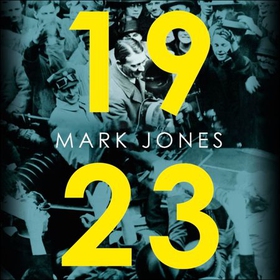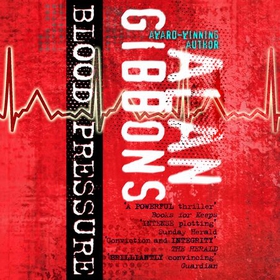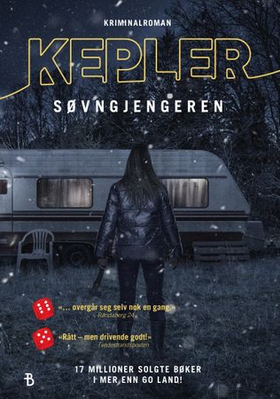
Legg til i ønskeliste
1923 lydbok
259,-
The astonishing year when German democracy faced crisis and near destruction.1923 was one of the most remarkable years of modern European history. In January, France and Belgium militarily occupied Germany's economic heartland, the Ruhr; triggering a series of crises that almost spiralled out of control. Hyperinflation plunged millions into poverty. The search for scapegoats empowered political extremes. Hitler's populism ascended to national prominence. Communists, Nazis, separatists all thoug…
Andre har også kjøpt
Undertittel
The Forgotten Crisis in the Year of Hitler’s Coup
Forlag
Basic Books
Utgitt
25 mai 2023
Lengde
14:08
Sjanger
Historie, Dokumentar og fakta
Språk
English
Format
mp3
DRM-beskyttelse
App-only
ISBN
9781529360769
The astonishing year when German democracy faced crisis and near destruction.
1923 was one of the most remarkable years of modern European history. In January, France and Belgium militarily occupied Germany's economic heartland, the Ruhr; triggering a series of crises that almost spiralled out of control. Hyperinflation plunged millions into poverty. The search for scapegoats empowered political extremes. Hitler's populism ascended to national prominence. Communists, Nazis, separatists all thought that they could use the crises to destroy democracy.
None succeeded. 1923 was the year of Hitler's first victory - and his first defeat. Fanning the flames of instability, anti-government and antisemitic sentiment, the Nazis abortive yet pivotal putsch in a Munich beer hall failed when they were abandoned by their likeminded conservative allies.
Drawing on previously unseen sources, Mark Jones weaves together a thrilling and resonant narrative of German lives in this turbulent time. Tracing Hitler's rise, we see how political pragmatism and international cooperation eventually steered the nation away from total insurrection. A decade later, when Weimar democracy eventually succumbed to tyranny, the warnings from 1923 - rising of nationalist rhetoric, fragile European consensus, and underestimation the of the enemies of liberalism - became only too apparent.
This account of the republic's convulsions and survival offer a gripping image of a modern society in extreme crisis.
1923 was one of the most remarkable years of modern European history. In January, France and Belgium militarily occupied Germany's economic heartland, the Ruhr; triggering a series of crises that almost spiralled out of control. Hyperinflation plunged millions into poverty. The search for scapegoats empowered political extremes. Hitler's populism ascended to national prominence. Communists, Nazis, separatists all thought that they could use the crises to destroy democracy.
None succeeded. 1923 was the year of Hitler's first victory - and his first defeat. Fanning the flames of instability, anti-government and antisemitic sentiment, the Nazis abortive yet pivotal putsch in a Munich beer hall failed when they were abandoned by their likeminded conservative allies.
Drawing on previously unseen sources, Mark Jones weaves together a thrilling and resonant narrative of German lives in this turbulent time. Tracing Hitler's rise, we see how political pragmatism and international cooperation eventually steered the nation away from total insurrection. A decade later, when Weimar democracy eventually succumbed to tyranny, the warnings from 1923 - rising of nationalist rhetoric, fragile European consensus, and underestimation the of the enemies of liberalism - became only too apparent.
This account of the republic's convulsions and survival offer a gripping image of a modern society in extreme crisis.














